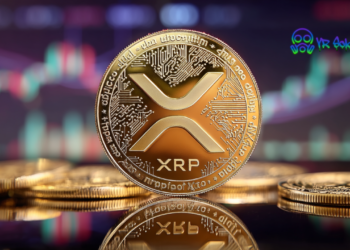The key dates to watch in July include important economic indicators and central bank meetings that can have significant impacts on financial markets and the overall economy.
- July 12: Consumer Price Index (CPI) Data Release
The CPI measures the average change in prices paid by consumers for a basket of goods and services. It provides insight into inflation trends. A higher-than-expected CPI could indicate rising inflationary pressures, potentially leading to concerns about the purchasing power of consumers and potential monetary policy adjustments by central banks.
- July 13: Producer Price Index (PPI) Data Release
The PPI measures the average change in prices received by producers of goods and services. It reflects inflationary pressures at earlier stages of the supply chain. Similar to CPI, higher-than-expected PPI could suggest increased costs for producers, potentially leading to higher consumer prices in the future.
- July 26: Federal Open Market Committee (FOMC) Meeting
The FOMC is the monetary policy-making body of the Federal Reserve in the United States. The market closely watches FOMC meetings for any changes in interest rates or monetary policy guidance. Decisions made during the meeting can have significant impacts on financial markets, including currencies, stocks, and bonds.
- July 27: Gross Domestic Product (GDP) Report
The GDP report provides a comprehensive measure of a country’s economic activity. It includes data on consumption, investment, government spending, and net exports. GDP growth rates can influence market sentiment and provide insights into the overall health of an economy.
- July 27: European Central Bank (ECB) Meeting
Similar to the FOMC meeting, the ECB meeting is a key event for monetary policy decisions in the Eurozone. The market pays close attention to any announcements regarding interest rates, bond purchases, or other policy measures. ECB meetings can impact European financial markets and the value of the euro.
Potential Impacts
The potential impacts of these dates can vary depending on the outcomes and market expectations. Higher inflation data (CPI and PPI) may lead to concerns about rising prices and potential central bank responses. FOMC and ECB meetings can provide insights into the future direction of monetary policy, which can impact interest rates and currency exchange rates. The GDP report offers a broad view of economic performance, influencing market sentiment and investment decisions.
Conclusion
It’s important to note that the market’s reaction to these events can be unpredictable and influenced by various factors. Traders, investors, and analysts closely monitor these dates and their associated data releases to gain insights into economic trends and adjust their strategies accordingly.
Disclosure: This is not trading or investment advice. Always do your research before buying any cryptocurrency or investing in any service.
Follow us on Twitter @thevrsoldier to stay updated with the latest Crypto, NFT, and Metaverse news!
Image Source: moostu/123RF// Image Effects by Colorcinch












